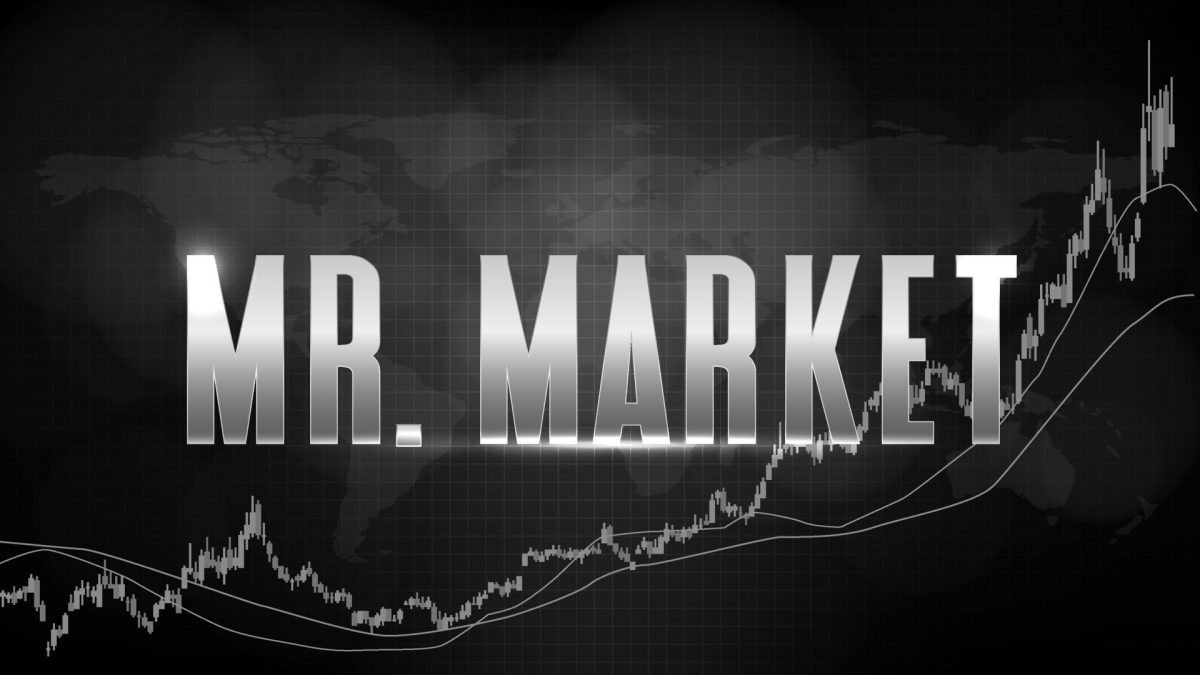Introduction
In the realm of decision-making, our minds are often subject to cognitive biases and heuristics that can lead us astray. One such powerful mental model is known as “Mr. Market.” Coined by Benjamin Graham, an influential investor and economist, the concept of Mr. Market revolves around the idea that individuals and groups often make irrational decisions based on the fluctuating opinions and emotions of others. In this blog post, we will explore the Mr. Market mental model, its prevalence in our daily lives, its psychological underpinnings, and provide practical strategies to avoid falling victim to this cognitive trap.
Defining Mr. Market and its Relevance
Mr. Market represents the collective sentiment of investors and market participants. In this model, the market is personified as an irrational individual who offers to buy or sell shares at various prices. The crucial aspect of Mr. Market is his volatile and unpredictable nature, swinging between euphoria and despair. The relevance of this concept lies in the fact that human psychology is deeply intertwined with financial decision-making. By understanding Mr. Market, we can decipher how our emotions and biases can influence our investment choices, personal decisions, and even public policies.
Occurrences of Mr. Market in Different Contexts
- Personal Life Decisions: Consider an individual contemplating a major career change. They may be influenced by the opinions of their peers, family, or societal expectations represented by Mr. Market. If they succumb to this fallacy, they might make a decision based on short-term trends or others’ perceptions, rather than a thoughtful assessment of their own passions, skills, and long-term goals. Consequently, they might find themselves dissatisfied in a career that does not align with their true aspirations.
- Business Scenarios: In the corporate world, Mr. Market often manifests as herd behavior, where companies base their strategies on what competitors are doing, rather than analyzing their unique strengths and market dynamics. For example, when a new technology trend emerges, companies may rush to adopt it solely because everyone else is doing so, without thoroughly evaluating the potential risks and rewards. This can lead to wasted resources and missed opportunities.
- Public Policy-Making: Governments are not immune to the influence of Mr. Market. In the realm of public policy, politicians may make decisions based on short-term popular sentiment or to appease certain interest groups, disregarding the long-term consequences or the well-being of the society as a whole. This can result in policy choices that are detrimental to economic stability, social equity, and environmental sustainability.
Mental Biases Contributing to Mr. Market:
Several cognitive biases amplify the impact of Mr. Market. Anchoring bias causes individuals to rely heavily on the initial information they receive, anchoring their subsequent decisions around it. Confirmation bias leads people to seek out information that confirms their existing beliefs, while ignoring or downplaying contradictory evidence. These biases, combined with social proof and the fear of missing out (FOMO), can cloud judgment and prompt individuals to follow the crowd, even when it contradicts their best interests.
Psychological Underpinnings and Interplay with Mr. Market
The prevalence of Mr. Market can be attributed to various psychological phenomena. One such phenomenon is the herd mentality, where individuals feel a sense of safety and validation in aligning with the majority. Moreover, the fear of regret and loss aversion bias, stemming from prospect theory, play a significant role in decision-making. Humans tend to overvalue avoiding losses over acquiring gains, making them vulnerable to Mr. Market’s emotional swings.
Identifying and Avoiding Mr. Market’s Influence
To mitigate the impact of Mr. Market on our decision-making, it is essential to cultivate self-awareness and critical thinking skills. Here are some practical strategies:
- Reflect and Evaluate: Take the time to assess your own values, goals, and priorities independently before seeking external opinions. This will help you make decisions based on your individual circumstances rather than the influence of others.
- Diversify Information Sources: Seek out a variety of perspectives and reliable sources of information. Challenge your existing beliefs and actively seek contradictory viewpoints to avoid confirmation bias.
- Long-Term Thinking: Shift your focus from short-term fluctuations to long-term outcomes. Consider the potential consequences and impacts of your decisions beyond the immediate moment.
- Develop Emotional Intelligence: Recognize and manage your emotions. Emotional intelligence can help you make rational decisions by reducing the influence of impulsive reactions to Mr. Market’s volatility.
Conclusion
Mr. Market serves as a cautionary tale of how human psychology and cognitive biases can lead to irrational decision-making. By understanding the concept and its occurrences in personal, business, and public contexts, we can guard against succumbing to this mental trap. Recognizing our biases, diversifying information sources, and focusing on long-term thinking can help us make more objective decisions aligned with our best interests. Ultimately, awareness and active avoidance of Mr. Market’s sway can empower individuals and organizations to navigate the complexities of decision-making with greater clarity and wisdom.
